The following directory is a list of all companies that registered an interest with the WMHTIA during the first phase of the project between 2023 and 2025.
Entries contain differing levels of information according to the extent of engagement the business had with the programme. This is a live directory, that will continue to be populated as more content is generated for those businesses the WMHTIA intensively supports.
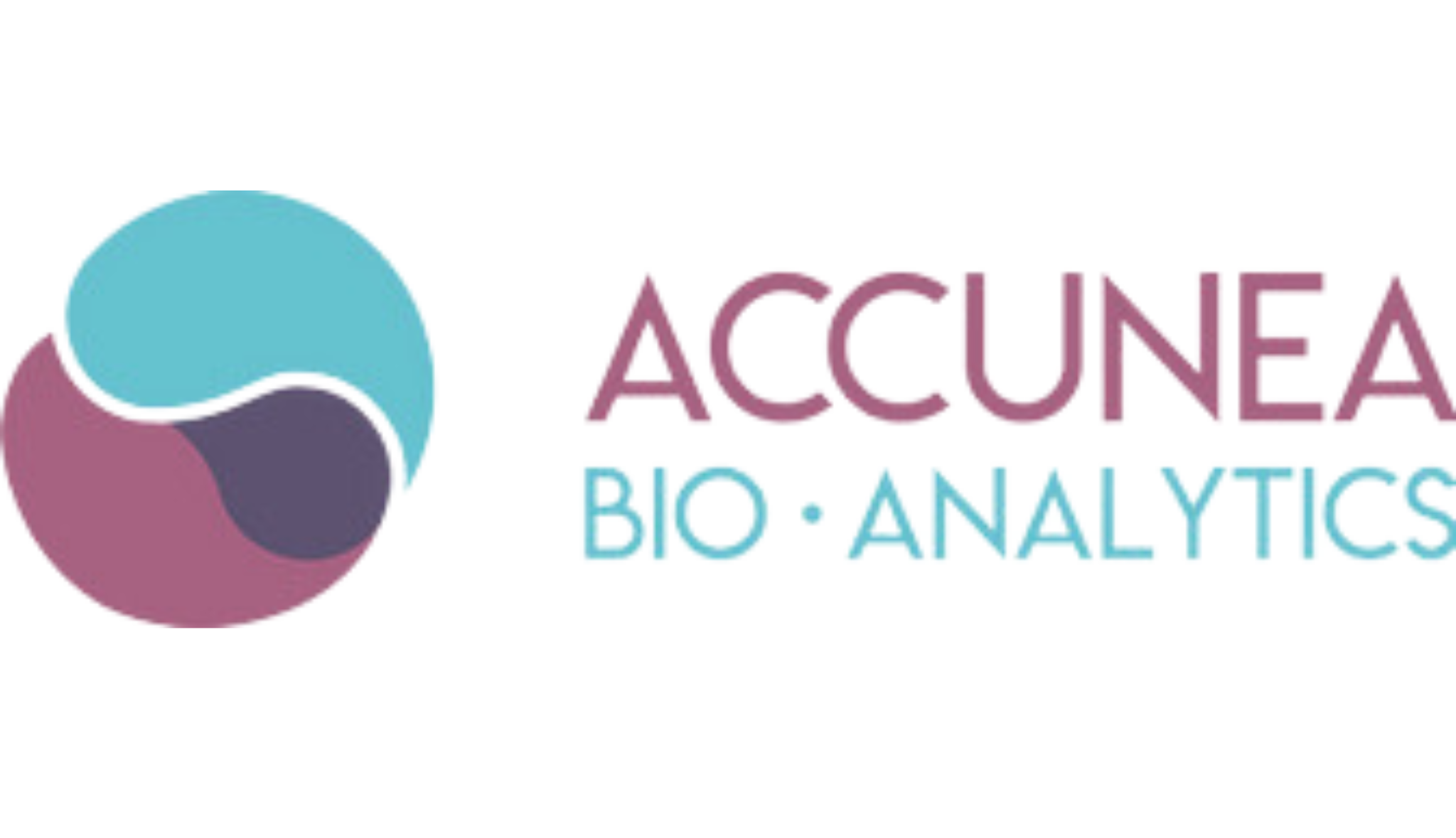


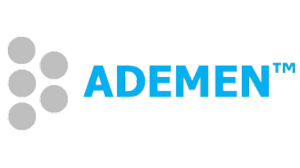
Accurately tracks the return of bowel activity following abdominal surgery to potentially allow for earlier hospital discharge. Technology also has potential to monitor response to medications in chronic bowel conditions such as irritable bowel syndrome (IBS).
Optimisation of prototype and maximisation of usability: clinical studies.




The NHS manages over 24 million mental health appointments each year, yet time-consuming
administrative tasks restrict clinicians to just 1.5 patient contacts per day. Anathem has the potential to free up valuable time, enabling up to 12 million additional appointments by streamlining admin processes and in turn, reducing long waiting lists.
Evaluation and piloting in a real-world setting, understanding procurement frameworks and processes for scaling.
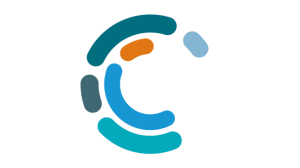


Securing funding for market access and developing international distribution channels
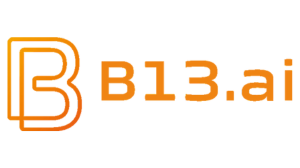

Early detection of asymptomatic and pre-symptomatic diseases for Point-of-Care triaging to minimise transmission of spread of the infectious agent.
Scale-up methodology, Design for Manufacturing Assembly (DfMA) and funding.


Drug development faces high failure rates, largely due to the inability to fully explore mechanisms affecting therapeutic efficacy. Bioleap’s technology enables simulation of complex biological systems to improve patient stratification, optimise clinical trial design, and predict therapy outcomes more accurately - helping to accelerate the development of safer, more effective immunotherapies.
Advancing strategic partnerships to apply the technology across a wider range of therapeutic areas; progressing from proof-of-concept validation to broader clinical and commercial adoption.
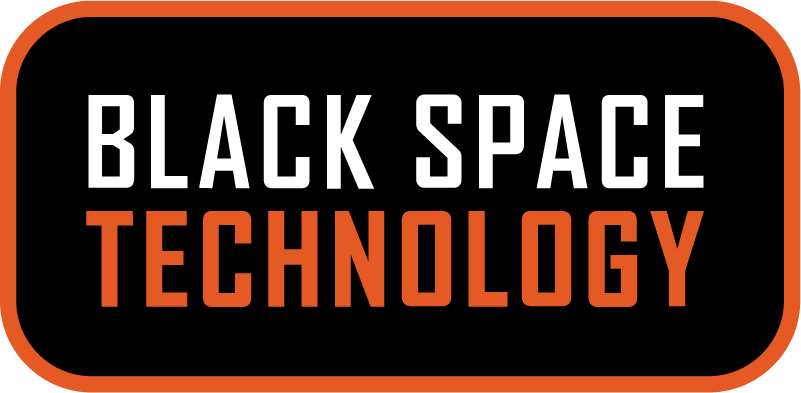


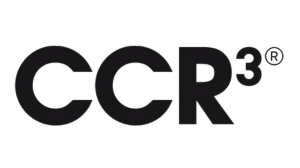
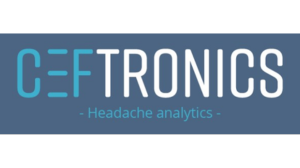



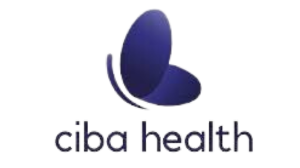


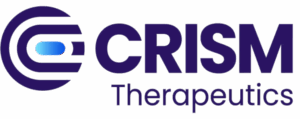
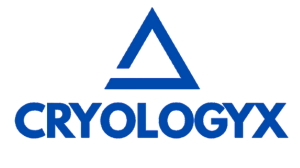
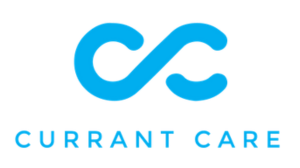


130,000 bloodstream infections (BSIs) are detected in the UK annually. If left untreated, these
infections can quickly escalate to sepsis, septic shock, and ultimately, death.
Alarmingly, 1 in 10 patients is infected with bacteria that do not respond to commonly used
antibiotics. Yet, clinicians currently have no way to rapidly determine whether a prescribed
antibiotic will be effective. As a result, mortality rates increase by 4-7% for every hour that effective
treatment is delayed. Current laboratory methods take at least two days to identify the right
antibiotic, underscoring the urgent need for faster diagnostic solutions.
Manufacturing, systems engineering, data analysis and regulatory compliance
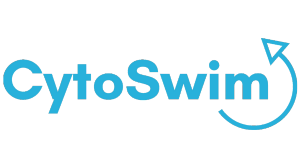


There is an abundance of health data that can be leveraged to produce real-world evidence and other clinical insights. However, there are difficulties using data which leads to outcomes that are
rarely reproducible, expensive, and time-consuming. For example, a typical epidemiology study using primary care data would typically take 6-12 months. Dexter reduces the time taken for the extraction of insights from months to minutes.
Scaling beyond the initial demonstrator sites


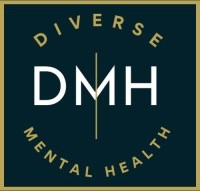
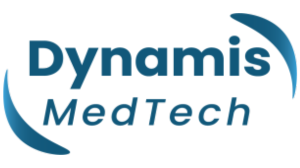
This affordable, non-invasive device addresses an unmet clinical need for 70 million patients
worldwide. Patients with pDPN endure debilitating lower limb pain, severely impacting mobility,
sleep, and quality of life. A 10-day Sensetic treatment delivers months of pain relief, improving
clinical outcomes and reducing the burden to health and social care system.
Clinical trial leadership and scoping, identifying supply chain and high-volume manufacturing in the
West Midlands, support to access global markets

This racially inclusive and movement-resistant technology enables continuous monitoring of vital
signs, supports digital blood pressure measurement, and facilitates both individual disease
management and large-scale population health insights.
Access to grant funding and support in navigating a complex and evolving regulatory landscape



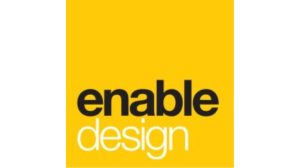
Empowers users with disabilities by enhancing comfort, promoting postural health, and providing
a long-term, cost-effective seating solution. With its versatility, durability, and focus on
individualised support, Trixi seating empowers children with special needs to engage comfortably
in various activities, both indoors and outdoors.
Regulatory compliance and scale up
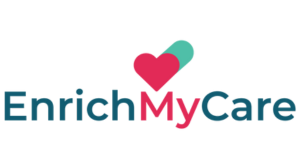
Children and young people with neurodevelopmental conditions often face fragmented care and long waiting times - particularly for autism diagnostic assessments. Limited capacity across services and poor information flow contribute to delays in diagnosis, intervention, and appropriate support. EnrichMyCare helps address these challenges by enabling families and schools to share clinically actionable information - such as videos, health diaries, and structured developmental observations - directly with clinical teams. This continuous input supports better diagnosis, risk stratification, and monitoring over time. The platform’s AI triage tool not only prioritises referrals based on clinical need but also supports delivery of personalised management strategies, helping families and professionals respond proactively and reduce crisis-driven care.
Scaling adoption across NHS pathways, validating AI tools in real-world settings, and aligning with clinical safety, interoperability, and regulatory frameworks.
Support with clinical engagement, product positioning, regulatory readiness, and introductions to NHS partners and funders.
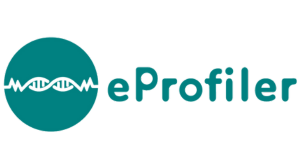
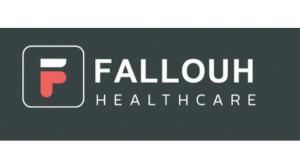
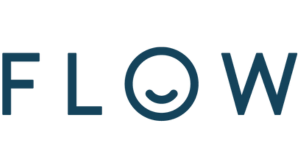
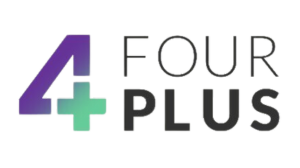




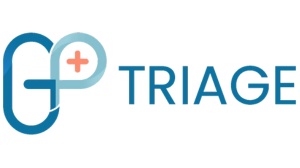
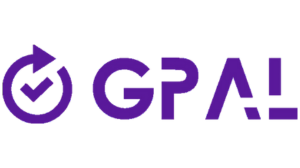


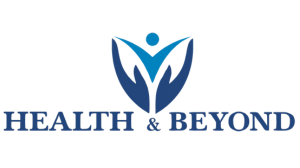
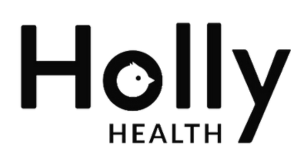
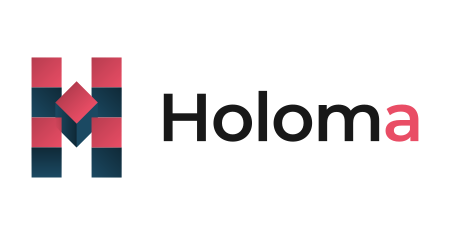
Modern surgery requires high precision, real-time visualisation, and reduced invasiveness. These are challenges often unmet by conventional 2D imaging and manual navigation. There is a growing clinical need for advanced tools that provide accurate, patient-specific anatomical insight and support both intraoperative decision-making and surgical training. HoloMA addresses this gap by offering a solution that enhances surgical outcomes and accelerates medical education through AI-driven, immersive technologies.

Currently, lateral flow tests contain 40-90% plastic and create over 178million kilograms of plastic waste each year.
Conventional analogue tests also lack inclusivity for people who cannot see and interpret their result.
Investigating how to create a plastic-free test, manufacturing partners and life cycle assessment. (Partners: Manufacturing Technology Centre (MTC))

Retained surgical swabs are the single most common, yet underreported ‘never
event’ during surgeries, causing serious health complications and legal costs. Manual counting is prone to human
error, particularly in high-pressure surgeries.
Stakeholder engagement and wider adoption
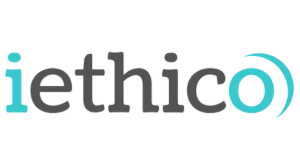



Occupational Health assessments are time-critical to ensure safe working arrangements. Dynamic self-assessment and instant reporting with integrated 'informed consent' and personalised health protection support the growing demand for digital transformation to improve workflow efficiency in people services.
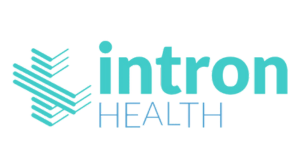
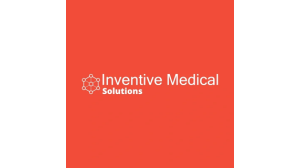

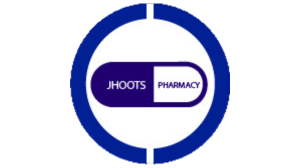

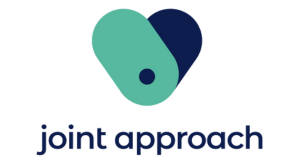


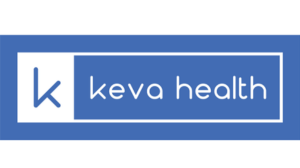
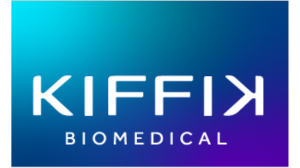



Empowers patients and clinicians to manage chronic respiratory conditions through guided self-care and remote monitoring, aiming to reduce hospital admissions and enable earlier interventions in community settings.
Completing TRL 6 development and clinical validation to secure regulatory approval and NHS adoption.
AI and cybersecurity enhancements, including prototype testing and development. (Partner: Birmingham City University)

Currently the only way to perform a full cervical smear test is with a speculum – a medical device
that has seen little innovation over the last 150 years. Nearly 1 in 4 women the UK are failing to
accept their screening invitations due to embarrassment and pain. This product could radically
enhance the current screening process, reducing patient mortality and improving service to
underserved communities.
Prototype development and validation in a clinical environment
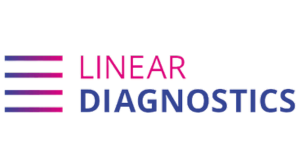
Using patented RE-EXPAR DNA amplification, the technology enables rapid, self-collected testing
with a disposable cartridge, allowing diagnosis and treatment in a single visit. Future capabilities
to include screening for antibiotic resistance.
Overcoming technical challenges and stakeholder engagement

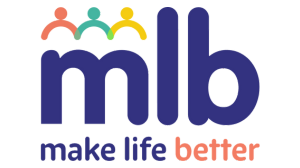
Millions of UK households face financial hardship, with direct impacts on health, housing, nutrition and access to care. The technology helps vulnerable individuals - particularly those with long-term health conditions - secure income support, contributing to improved clinical and social outcomes.
Integration of AI into regulated environments, ensuring data accuracy, ethical compliance and scalability.

Improves surgical outcomes such as length of stay, post-operation complications, clinical outcomes, and satisfaction by addressing anxiety, recovery, and return to function in people undergoing endometriosis surgery - an under-served, high-need population.
Identifying channel market fit, optimising business model, scaling delivery across regions, demonstrating cost-effectiveness, and integrating with existing clinical pathways.
Introduction to health ecosystem, support with business models, support with health economics modelling, NHS adoption pathways, industry partnerships, and funding introductions.

Automatically determining an optimised set of medications for an individual patient by
algorithmically distilling the recommendations from dozens of different medical guidelines –
enhancing precision and efficiency for clinicians.
Clinical evaluation and funding

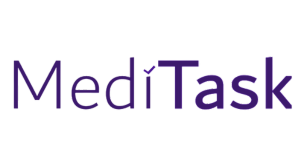
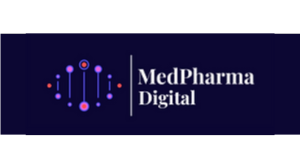
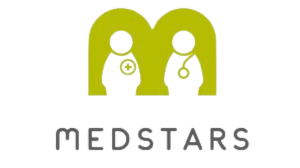


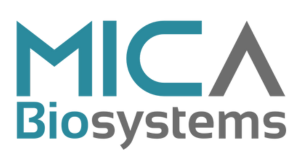
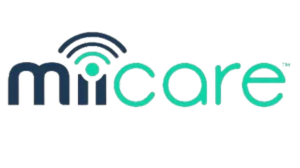






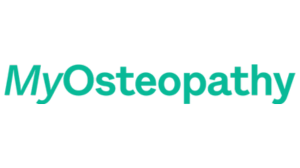
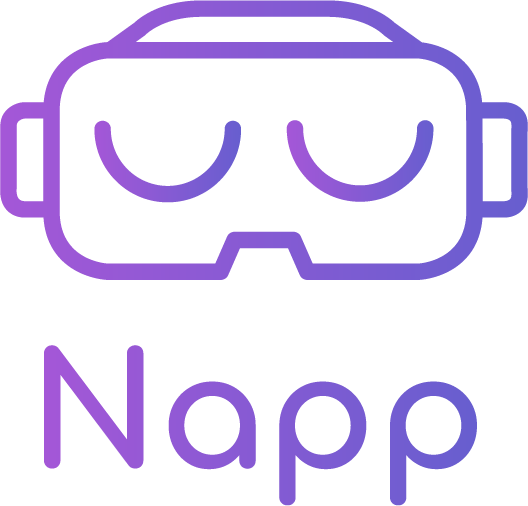
Napp addresses fatigue and cognitive decline in healthcare and other high-stakes professions (e.g. NHS staff, professional drivers, etc.,). It offers a non-pharmacological solution to restore focus and reduce stress, potentially lowering burnout rates and improving job performance.
Prototype refinement, real-world testing in clinical or occupational environments, and integration with existing wellness programmes. User adoption and validation remain critical next steps.
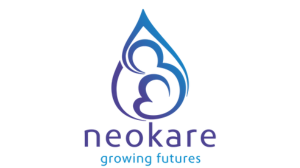


Hospitals face increasing challenges from healthcare-associated infections and antimicrobial resistance. NEX addresses the critical need for faster, more accurate infection detection and improved infection prevention and control (IPC) workflows. By moving from reactive to predictive surveillance, the platform supports safer patient care and optimised use of IPC resources.
Securing UKCA regulatory approval and scaling adoption across NHS trusts, where variability in digital maturity and procurement pathways pose challenges. Continued validation and evidence generation are also needed to support long-term commissioning.
• Exploring clinical and operational use cases for expanded impact, including care coordination and antimicrobial stewardship.
• Support for real-world implementation, including engagement with NHS clinical partners and pilot sites.
• Introductions to strategic investors, commercial partners, and potential funders to accelerate growth and regulatory readiness.


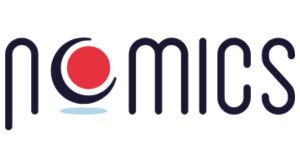
Nomics offers a range of sleep analysis solutions intended for the clinicians who want to quickly and reliably assess where their patient stand on the Sleep-Related Breathing Disorder continuum: common snoring, upper airway resistance syndrome (UARS), mild, moderate or severe sleep apnea (whether central, obstructive or mixed).
Nomics support sleep specialists from symptom detection to precise ambulatory diagnosis and therapeutic follow-up.
Scaling internationally while adapting to diverse healthcare policies.
Introductions to decision makers and key opinion leader in regional healthcare ecosystem.



Over 537 million adults worldwide are living with diabetes; 200 million depend on insulin therapy. A critical Issue is that insulin degrades above 30°C, leading to ineffective treatment, which can cause:
Developing a reliable and affordable device whilst navigating regulatory & compliance hurdles.
Supporting the development of a prototype for device hardware, involving both product development and electronics.(Partners: Warwick University (WMG) and Manufacturing Technology Centre (MTC).
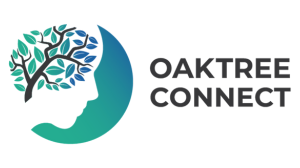
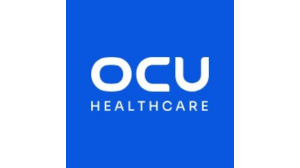


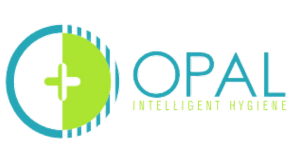

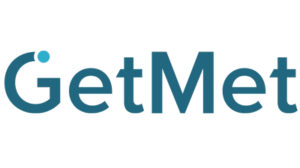
Removes the need for X-rays when identifying metal in the human body. The precision of GetMet helps reduce trauma and speed up recovery all while alleviating pressure from overburdened X-ray availability and exposure of patients and practitioners to radiation.






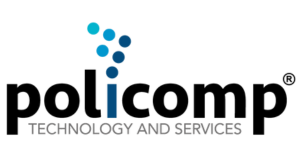
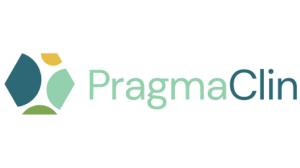


Chronic stress is a growing public health crisis, linked to mental illness, cardiovascular disease, burnout, and reduced health span. Yet current solutions are reactive and siloed - failing to capture the complex, cumulative interaction between physical and psychological stressors.
Prorizon fills this gap by offering continuous, real-time stress load insights that support individuals in self-regulation and enable organisations to intervene early. It promotes resilience, recovery, and sustainable wellbeing - especially for workforces under persistent strain.
Optimisation of product features & design and commercialisation.
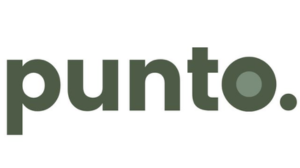






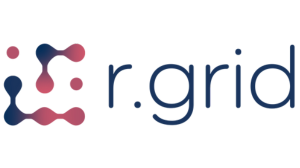




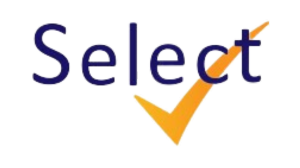


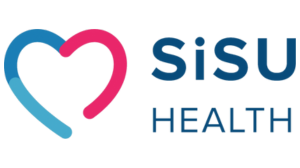
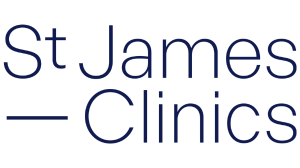




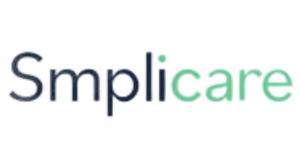


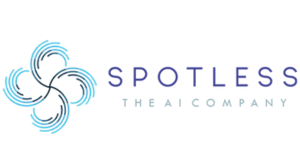



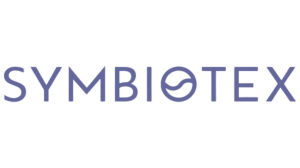
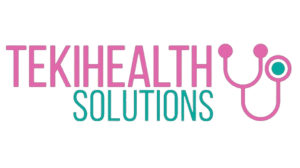

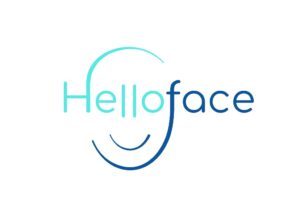
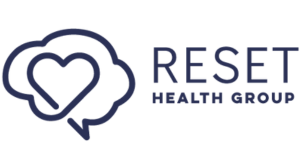
Enhances the accuracy and efficiency of MDT discussions within mental health services by streamlining clinical decision-making in complex psychological cases. Supports timely, consistent, and person-centred interventions that improve therapeutic outcomes.
Ensuring high-quality clinical input to train and validate the AI model. Integration with existing workflows while maintaining data security and regulatory compliance.
Collaborative development of the prototype with technical and clinical partners. Support with real-world testing, stakeholder engagement, and identification of future applications. Connections to wider networks and commercialisation opportunities.
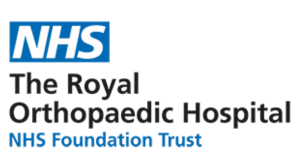
Workload reduction through shared decision making and increased efficiency through operating list and resource planning.
Technical support in relevant dataset gathering, synthetic dataset generation and analysis. AI model and software development services for MVP platform for pre and post operative outcomes prediction. (Partner: Birmingham City University)


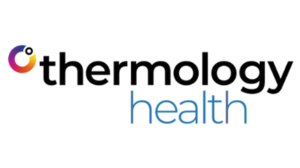
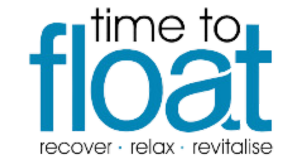
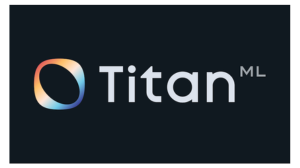

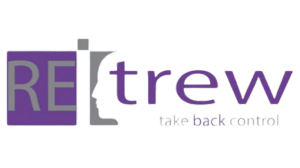
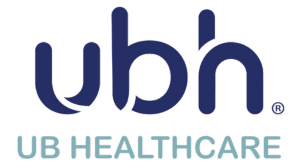



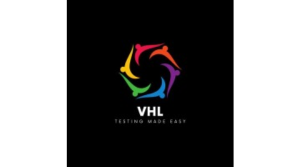


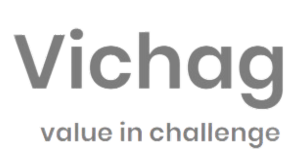
Pulse oximeters underestimate Oxygen saturation (SpO₂) in Black patients. Vichag’s Hypoxia Lab
provided diverse datasets to enhance SmartOx accuracy. Access to high-quality, varied clinical
data is vital for Software as Medical Device (SaMD) and imaging research – which Vichag enable
through their sites in UK, India, and the US.
Business development to secure research projects and negotiate intellectual property terms

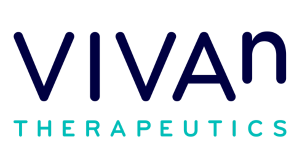







Privacy Policy · Terms and Conditions · Governance